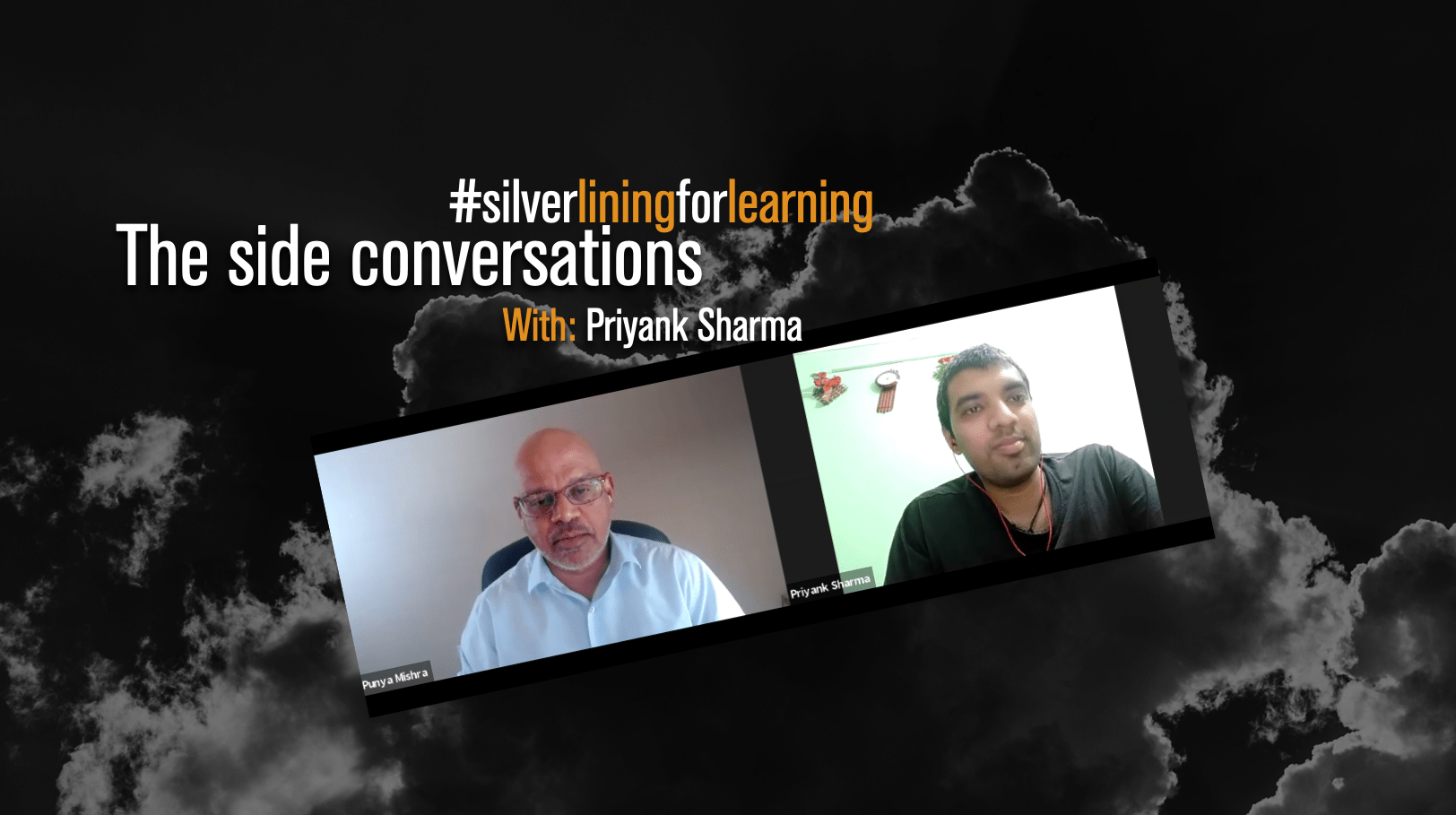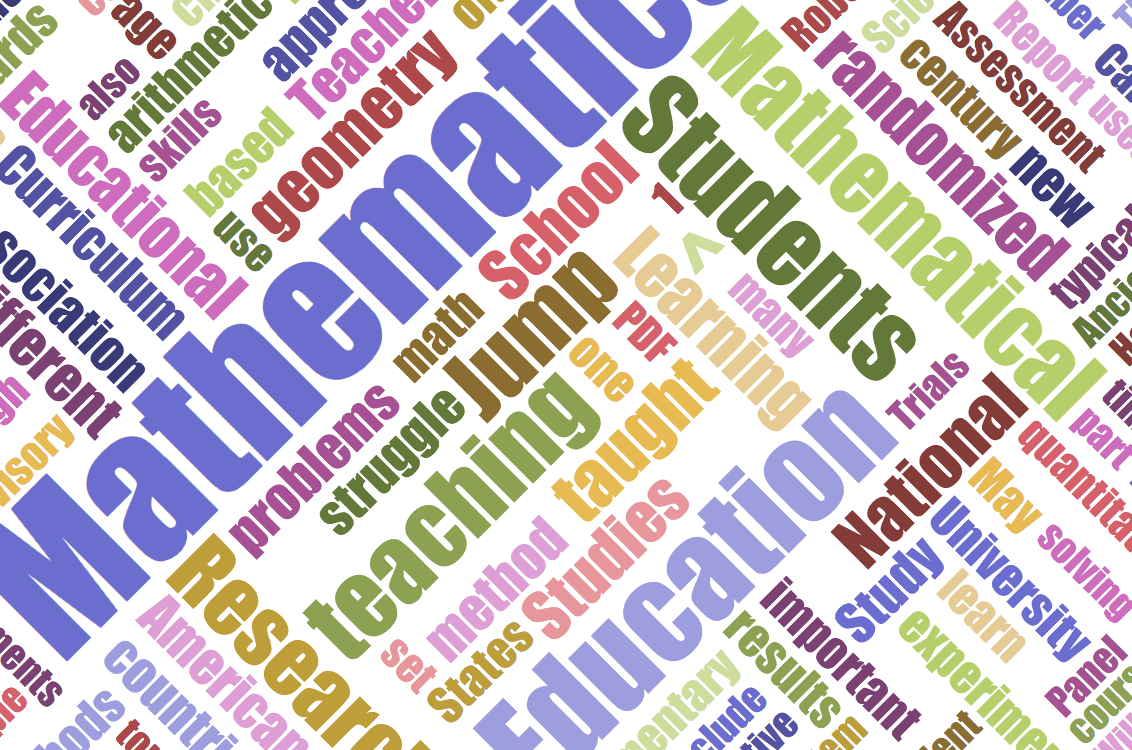Mishra, P., Nicholson, M., & Wojcikiewicz, S. (2001/2003). Does my wordprocessor have a personality? Topffer’s Law and Educational Technology. Journal of Adolescent and Adult Literacy. 44 (7), 634-641. Reprinted in B. C. Bruce (Ed.). Literacy in the information age: Inquiries into meaning making with new technologies. (pp. 116-127). Newark, DE: International Reading Association.
Though an abstract is not available, this is what Chip Bruce had to say in his introduction to our article:
This month we had a report on the research of Punya Mishra, Michael Nicholson and Steven Wojcikiewicz from Michigan State University, East Lansing, USA. They take seriously the idea that we need a theory of response to technology as much as we need one for response to literature. Their research is fascinating in what it reveals about technology, but is even more so in what it reveals abotu people and the way we interpret the world around us.
This is one of my articles I am quite proud of but sadly has not received the attention I think it deserves (though it did end up getting reprinted in a book). This was the piece where I brought together the psychology and history of art and visual representation, and my research on our psychological responses to technology to formulate what I called Topfer’s Law, as follows:
Any interactive artifact, however poorly designed, possess necessarily, by the mere fact of existing, some perfectly definite personality and character.
The connection to my story about reading gender into a GPS system is a good example of this.





0 Comments